Swiss firms give over CHF5 million a year to parties and candidates

Switzerland’s biggest firms – mainly banks, pharmaceutical firms and insurance companies - donate at least CHF5 million ($5 million) a year to political parties and candidates, a survey has revealed.
The poll of 140 companies by Swiss public radio RTS, published on TuesdayExternal link, found that one in five firms donate regularly to political parties or politicians, to the tune of CHF5 million annually.
And this is probably just the tip of the iceberg, since out of the 30 firms that admitted to making donations, one-third refused to reveal the amounts.
The biggest donor was the Credit Suisse bank, which gives parties CHF1 million, followed by Novartis (CHF590,000), then the UBS bank and the insurance firms Zurich, Swiss Re and Swiss Life, each of which give CHF500,000 annually.
In all, 13 out of 15 insurance firms (86%) surveyed indicated that they give donations to parties or candidates. They are followed by the banking sector (28% of those polled).
Who benefits?
Only nine out of the 100 other firms polled said they gave money to parties or candidates, including pharmaceutical firms (Novartis, Roche, Galenica), machine tool companies (Liebherr, Georg Fischer, Bucher Industries) and other big firms such as Nestlé, Alpiq and Swiss.
It is unclear which parties benefit the most from this largesse. Money donated by UBS, for example, is destined for “all national parties committed to the market economy, competition and the Swiss financial sector”, it said.
The Mutuel Group health insurer said it contributes to political groups that “commit to a liberal health system”, while Swiss Life indicated it supports “centre-right parties”.
Raiffeisen, Axa, La Mobilière, Helvetia and the Lucerne Cantonal Bank said they give donations based on the size of each party.
Some companies, such as UBS, Zurich Assurance, Nestlé and Swiss, said they never gave financial support to individual political candidates. But others were less transparent, and no company agreed to reveal the amounts or the names of candidates receiving money.
More transparency
In recent years, the Council of Europe’s Group of States against Corruption (Greco) has urged Switzerland to be more transparent about how political parties and elections are financed. Switzerland is the only country among the 47 members of the Council of Europe which does not have a law governing political party financing.
In its last report in September it said Switzerland’s efforts concerning transparency in party financing were heading in the right direction. But Transparency International SwitzerlandExternal link says there is still plenty of work to be done to improve transparency in party financing.
Supporters of more transparency in Swiss politics have already handed in a people’s initiative, meaning that parties would have to publish the origin of all donations over CHF10,000 ($10,100). Voters will have the final say on the issue.
Funding remains a taboo in this electoral campaign, however. Most of the parties have published their campaign budgets, but do not say from whom they have received the funds. According to RTSExternal link, more than CHF25 million has been spent in the present campaign, which is a 20% rise on spending over the last federal elections of 2015.
Unlike other parties, the People’s Party has so far refused to publish its figures. It also won’t say how much its candidates have spent personally.
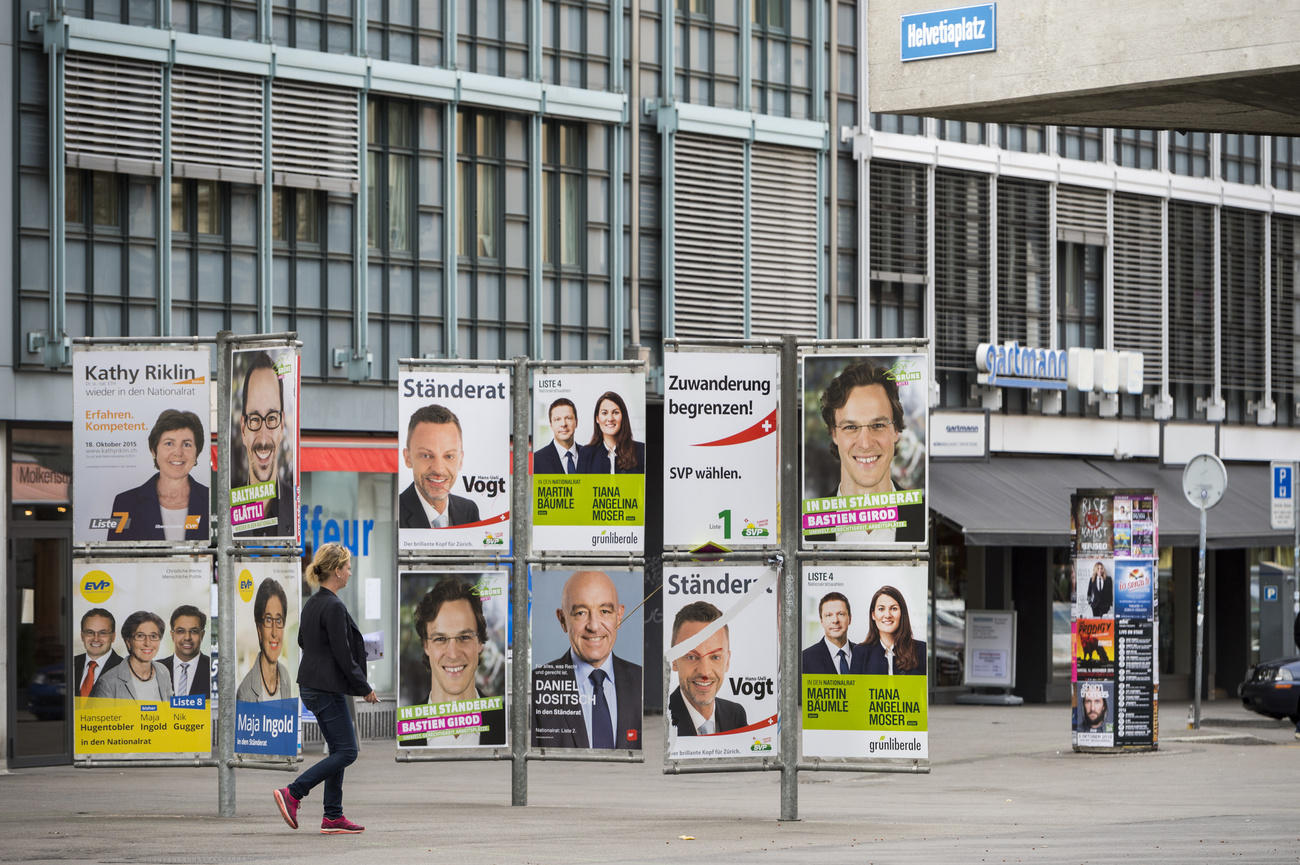
More
Campaign funding still a taboo topic in Switzerland

In compliance with the JTI standards
More: SWI swissinfo.ch certified by the Journalism Trust Initiative




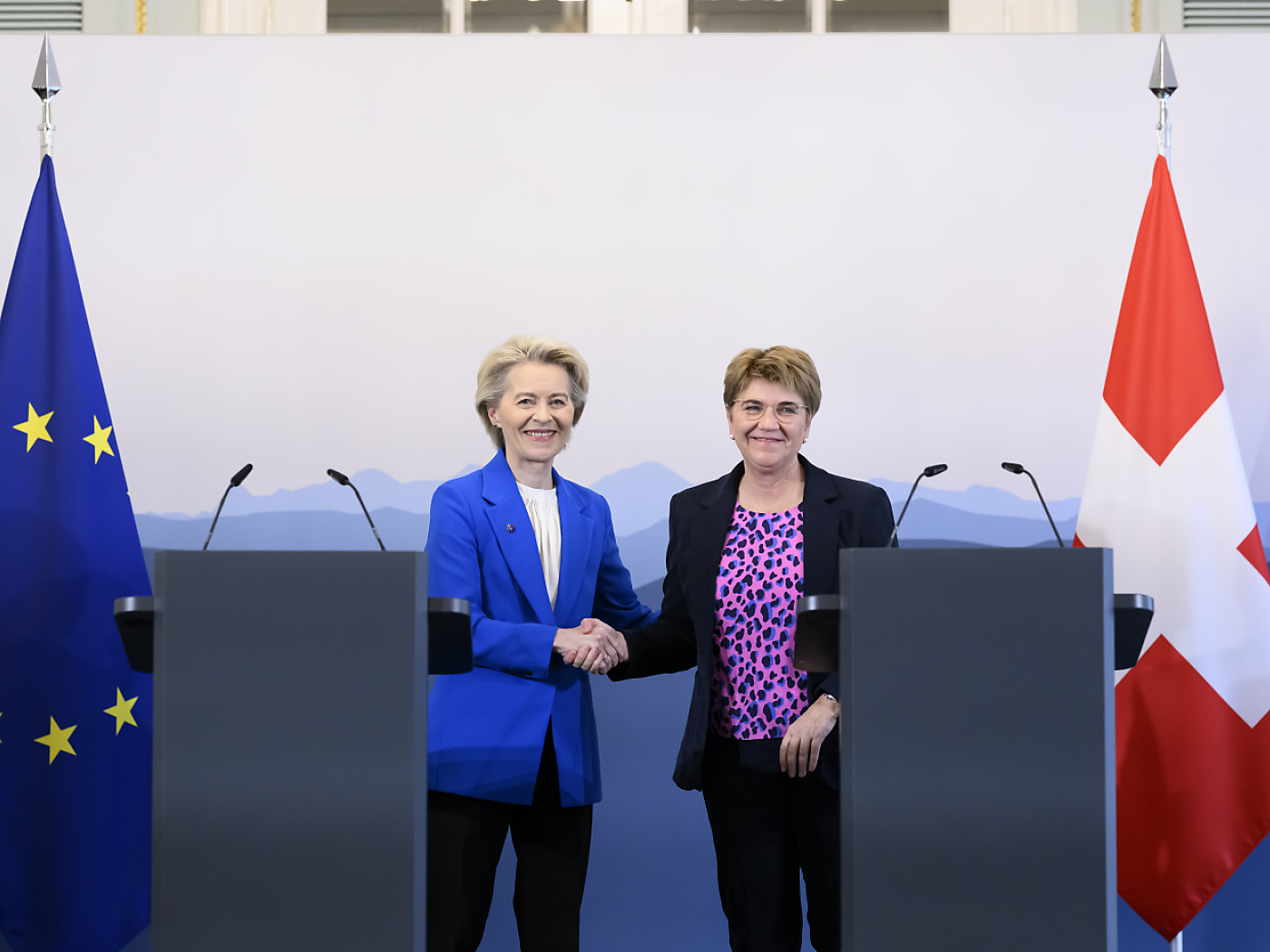




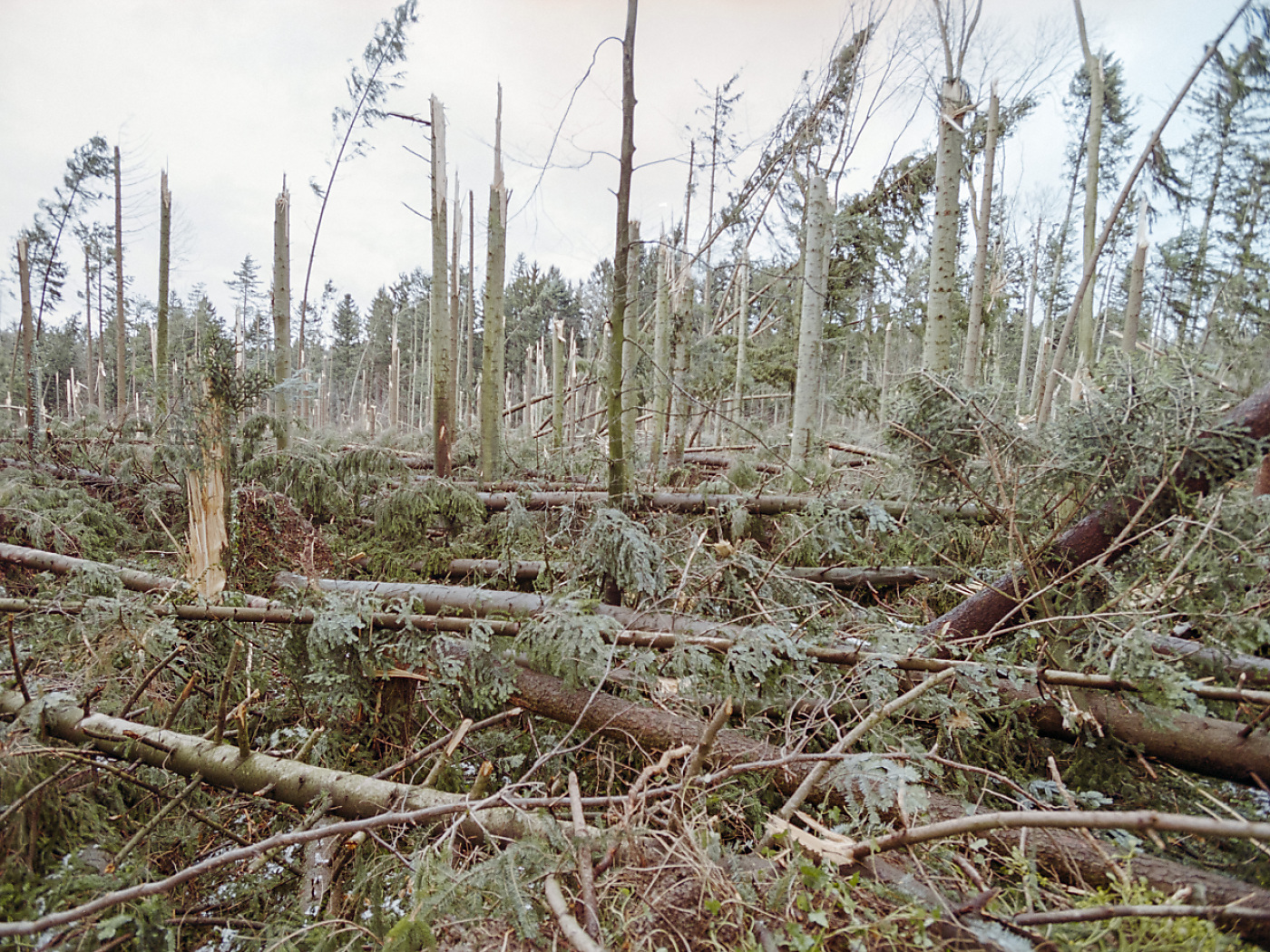










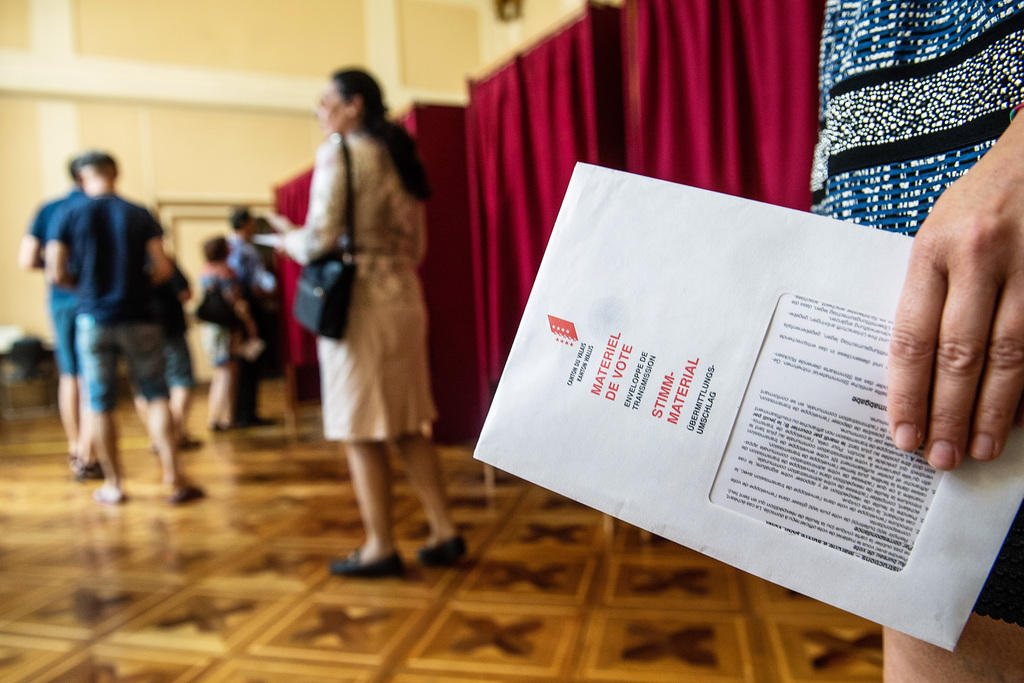
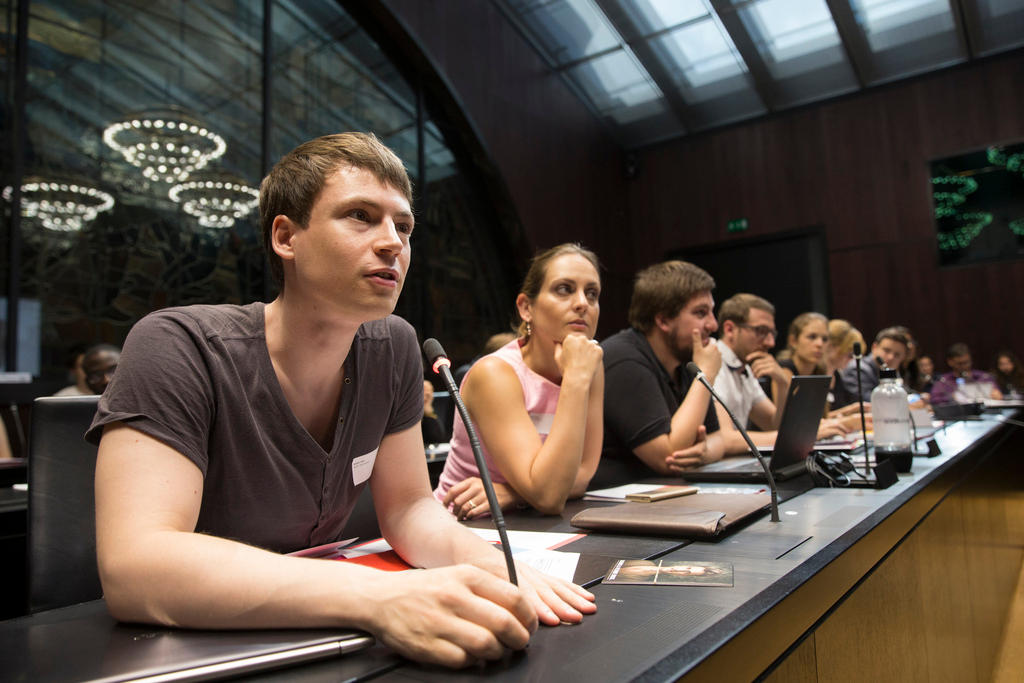
You can find an overview of ongoing debates with our journalists here . Please join us!
If you want to start a conversation about a topic raised in this article or want to report factual errors, email us at english@swissinfo.ch.